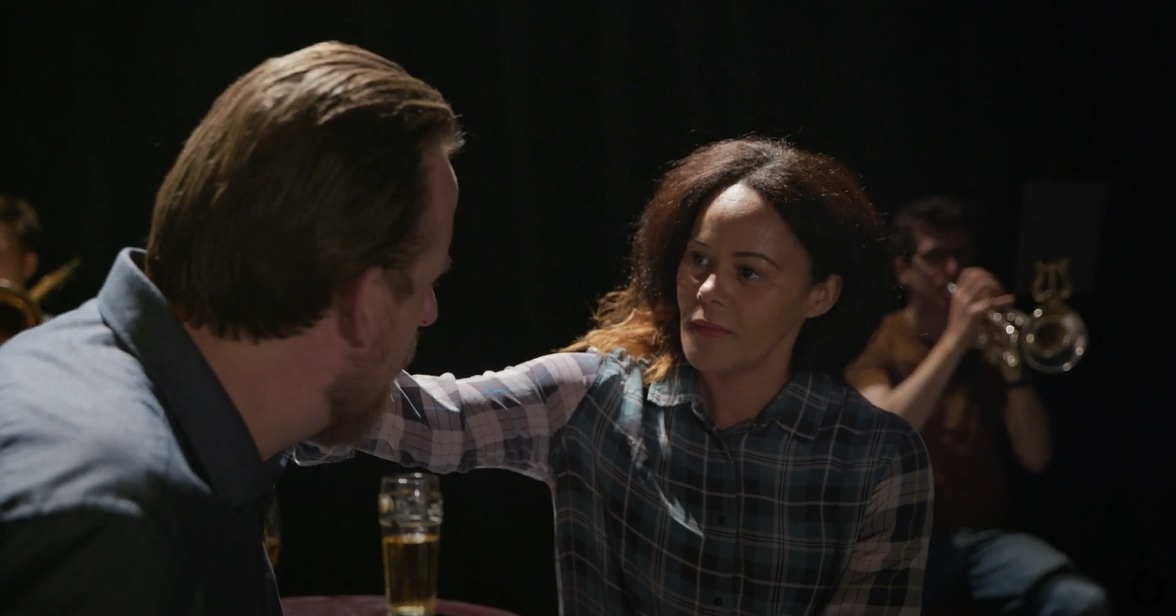Category: Video
-

Watch Manchester Camerata’s ‘Keith’ made for World Alzheimer’s Day
Manchester Camerata premieres powerful short film about early onset dementia following the launch of its pioneering music café for people living with dementia and at-home carers
-

Digital musicians in an isolated world
Some tips for classical musicians about how to maximise their digital presence during COVID19
-

Review: Opera Holland Park’s Into the Light
If you don’t reach for a tissue in the first thirteen minutes then you’re a cold-hearted bastard.
-
BBC Proms 2007: Yet Another Thoroughly Good Outtake
You’d think talking to camera in the confines of your own home would be a straightforward affair, wouldn’t you? For the full video about former Proms presenter, conductor and composer Charles Hazlewood, visit the Thoroughly Good YouTube Channel.
-
Video: BBC Proms 2007 – Ensuring Certain Standards
Don’t ask us to interact, and make sure you have a shave and wear a proper shirt please